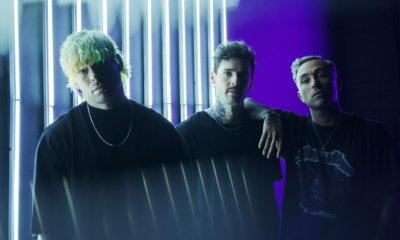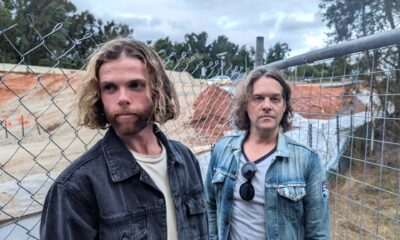imPRESSED
Colby Lapolla Opens Up About Eating Disorders, Healing, and Her Latest Single “Starving”
imPRESSED connected with Los Angeles pop artist and producer Colby Lapolla to get insight into the intensely personal, yet touching single, “Starving,” about her struggle with eating disorders.
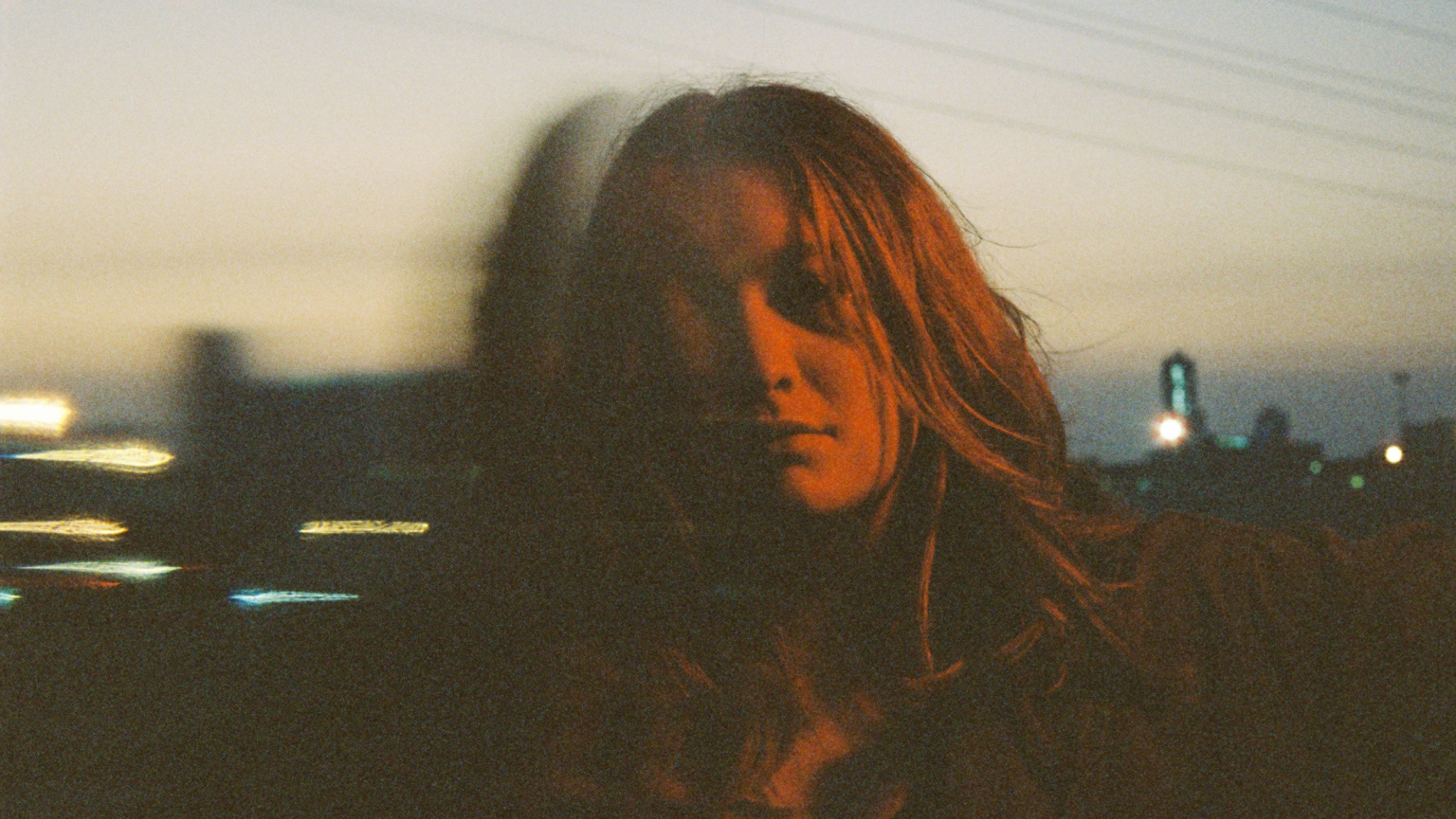
Los Angeles pop artist and producer Colby Lapolla makes ctrl+alt+trauma pop, mixing sounds from genres and artists all over the map to create something that’s exciting to her ear. She’s been featured on Spotify’s Fresh Finds: Pop playlist, and tracks she’s worked on have amassed well over a million streams. Colby recently released her intensely personal, yet touching single, “Starving,” about her struggle with eating disorders. She was kind enough to give us an insight into the track and music video, both of which have already had an incredible impact on fans.
“Starving,” your most recent release, is an outstanding track with an incredibly powerful meaning. How were you feeling leading up to the release of something so personal?
Colby Lapolla: “It was a really intense time. I think it’s always pretty scary to hit upload on a new release – letting go of something you could in theory work on indefinitely always feels too soon. I was mostly just worried about how the subject matter would be received, and how people would respond to my experience on a personal level.”
The single talks about growth, recovery, and self-acceptance while acknowledging the harsh reality of living with an ED. What did it mean for you to put out a song with such a moving message?
“It really meant so much to me to get to tell my story in my own words and on my own terms. This song was therapeutic to write and even more therapeutic to put out there in the world. I think the hardest part of struggling with your mental health is the inherent loneliness and alienation that comes along with it. Releasing this song acted in direct opposition to the thoughts in my head telling me that it was better to suffer and cope in silence.”
Is there a lyric that stands out for you? Is there any part of the song that you find especially meaningful?
“The two lines that always punch me in the gut are ‘I know to want is weak,’ and ‘if I could have everything, would I even want it?’ Struggling with an eating disorder, and subsequently entering recovery, you learn that the problem was never your body, the problem was never what you looked like. When I was at my smallest, nothing about my life was any better than before, and I still hated every aspect of my appearance. Getting everything I thought I wanted changed nothing. The former line, ‘I know to want is weak,’ is just the best, most succinct description of the way that I interacted with the world and with myself prior to recovery. Wanting love, wanting acceptance, wanting a smaller body, wanting to not feel pressure around my body at all…it all felt weak. I felt that I was weak for struggling.”
How did this single play a role in your own recovery?
“I started writing this song the month I entered into recovery with a care team. Those opening lines were just a realization: I’m starving. Didn’t know it. As the song took shape, I always thought it would just be one I wouldn’t release – too personal and not catchy enough. At the beginning of the pandemic, I remember sitting at the piano and playing and singing that first verse and chorus over and over and over again. It became a grounding thing for me. Ultimately, this song became a ‘roll the windows down and scream it on the 101’ sort of release. It definitely allowed me to find my righteous anger and get some of that out.”
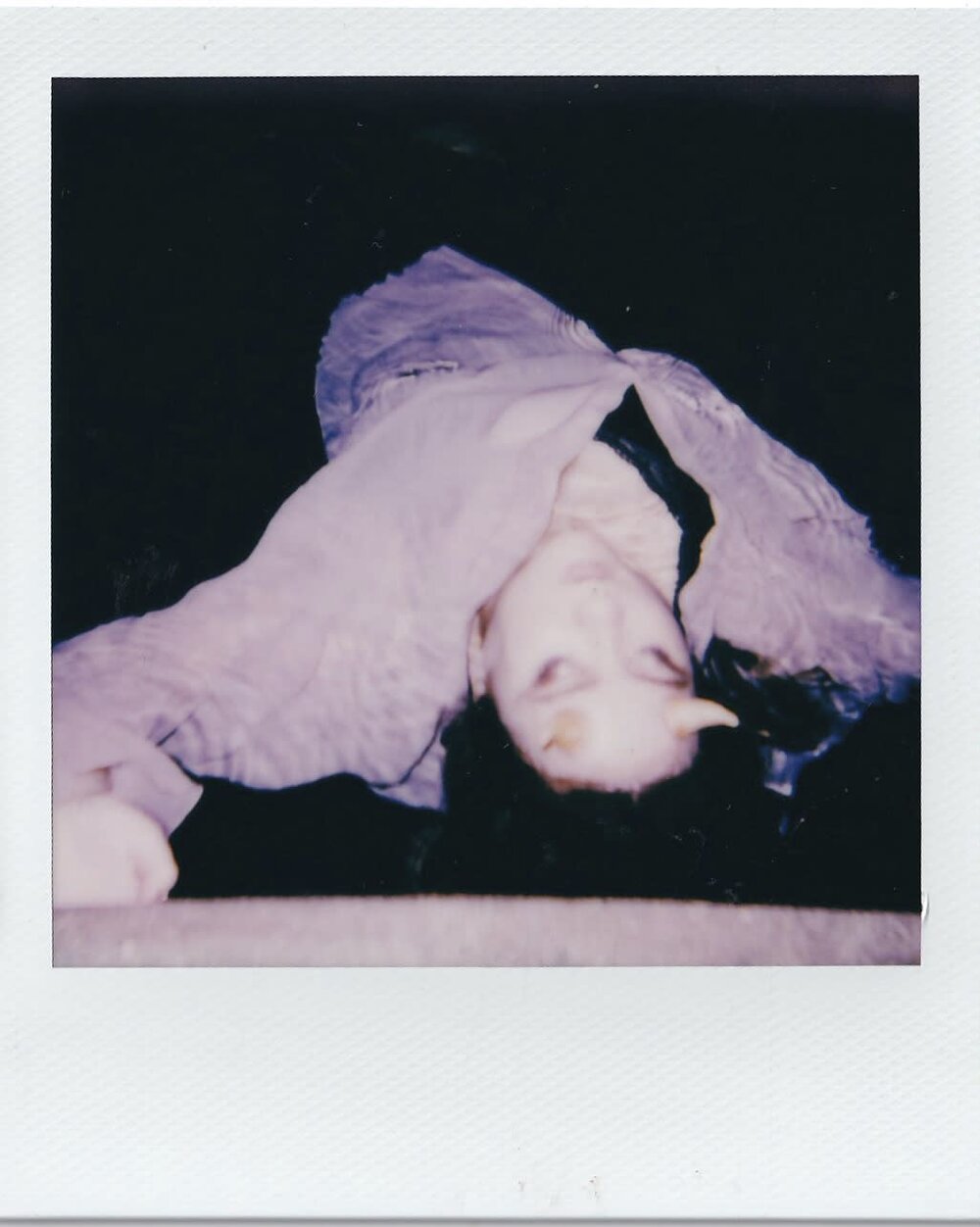
Colby Lapolla
Who hears this song the loudest? What do you hope listeners take away from “Starving?”
“I think that anyone who’s struggled with their mental health is going to relate to this song. We all pick fights with ourselves, and we all do things that are not in our best interests, that we intellectually know won’t help us. Anyone who has specifically dealt with an eating disorder can definitely find some hope and some solidarity in it as well. I hope that listeners learn the power of naming what you’re fighting, and owning the ways you self-sabotage. I hope that they ask themselves the question of ‘If I had everything, would I even want it?’ Because most of what we think we want won’t change the way we feel about ourselves or the world at large.”
What would it have meant to hear a song like this on the radio when you were growing up?
“I hope it would’ve shown me that art is, at the end of the day, an expression and a tool. I was processing my own life and my experiences through this song, and it’s great that people relate to it and find hope in it, but it’s also great if people just want to dance to it.”
The music video accompanying this track is emotional and cinematic. What was going through your mind leading up to filming?
“My biggest fear in this entire process was seeing myself on film. My body has changed since entering recovery, and learning to become neutral towards the shape and appearance of my body has been the crux of my work for the past six months or so. I knew that I wanted to tell this story with a visual, and I kept repeating to myself that this capturing of a moment in time would be something I looked back on with pride and fondness. Also that I needed to do everything in my power to make it as comfortable as possible, while still knowing I’d never be fully comfortable with it.”
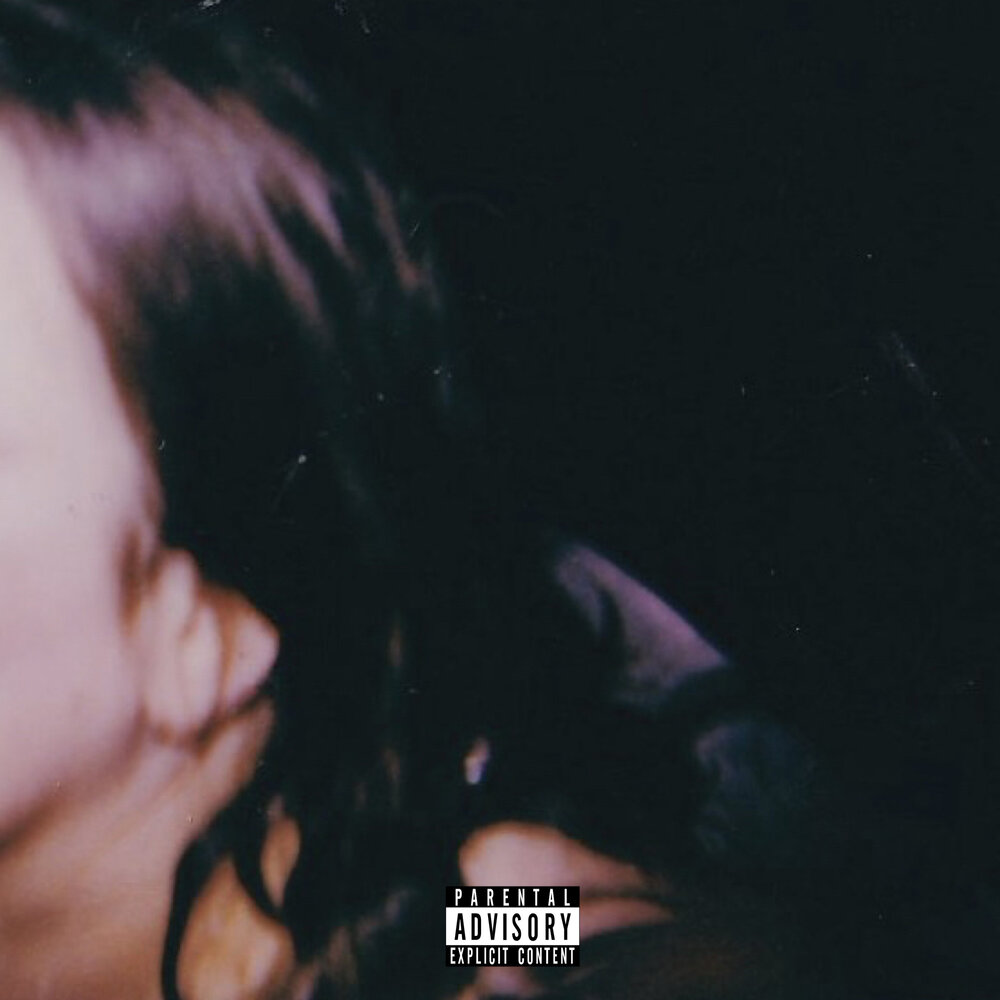
Cover art for “Starving” by Colby Lapolla
How about during the shoot? What was your experience filming?
“Honestly, we had such a great time. I knew I wanted an all-female team, and Danika (MUA) and Christina (director, videographer) really just made the whole experience so joyful. We laughed until we cried, we had some really great and poignant conversations, and we ultimately just had fun. I was able to put my fears to the side, and promised myself I’d lean in and make it count.”
Do you have any favourite shots or scenes?
“I am obsessed with all the tunnel scenes we shot in DTLA. I’m a big Perks of Being a Wallflower fan, so I felt like I was living my fantasy there. I love going back and looking at those shots because I can see and feel the freedom on my face and in my body language. That would’ve never happened a few years ago.”
You’ve made a reputation for yourself as a powerhouse vocalist with a powerful message. What can fans expect from you next?
“Thank you! Up next, you can catch a song from girl fieri, my synch project with Michael McQuaid, on the season premiere of Netflix’s Selling Sunset. I am unreasonably stoked because that show is the most beautiful intersection of trash and solid gold. I also have a bunch more songs coming up next year for the artist project, and I’m excited to make you guys feel some more feelings. Think ‘Liability’ by Lorde meets Taylor’s ‘All Too Well’ (the ten-minute version because I’m a masochist).”
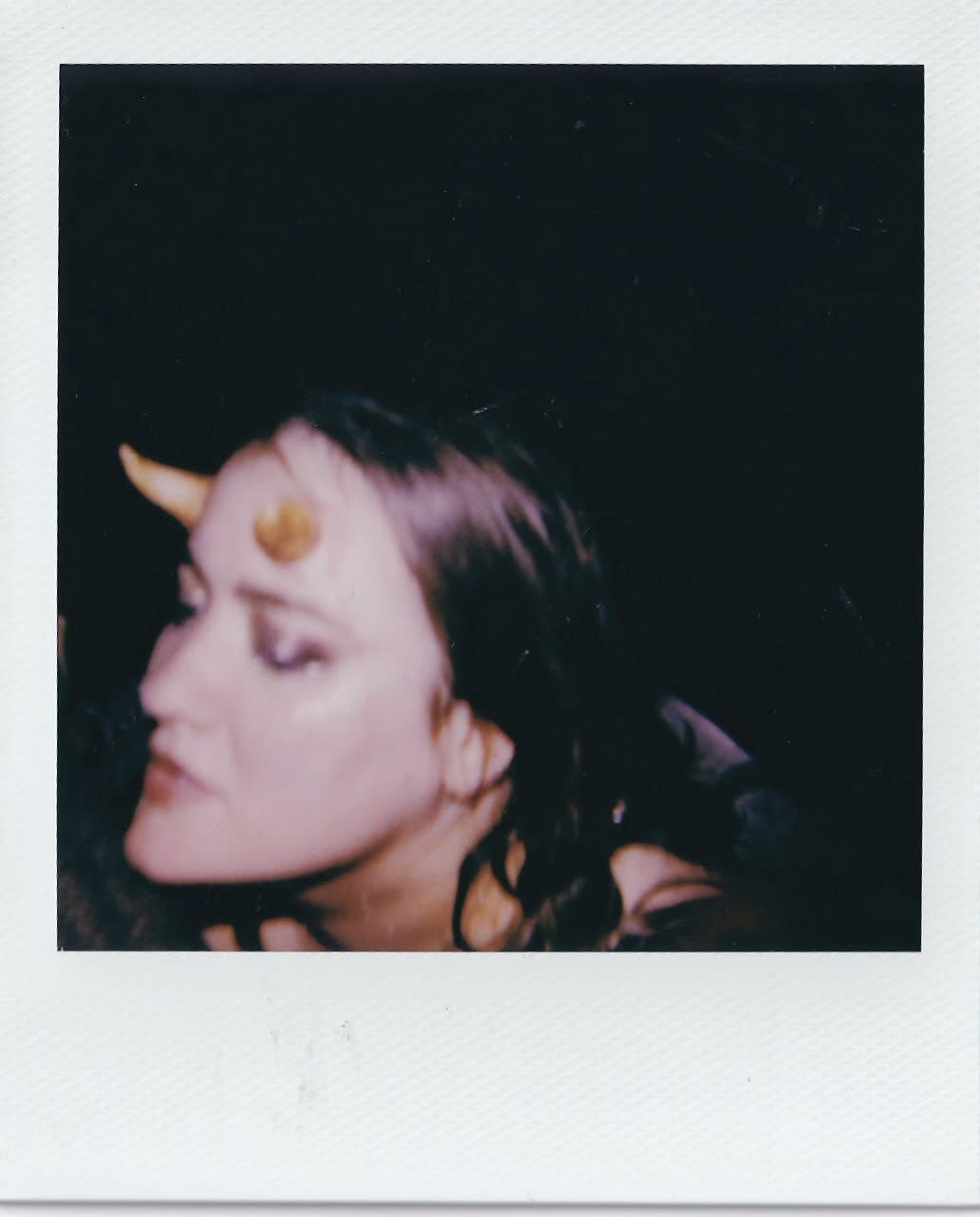
Colby Lapolla
-

 Alternative/Rock2 weeks ago
Alternative/Rock2 weeks agoThe Warning Shake the Foundations of a Sold-Out Leeds Stylus [Photos]
-

 Alternative/Rock4 days ago
Alternative/Rock4 days agoThe Cruel Knives Headline Top Night of British Rock at Manchester’s The Lodge [Photos]
-

 Hip-Hop/Rap7 hours ago
Hip-Hop/Rap7 hours agoFormz: “I was always the confident kid in school, with a passion for entertaining and being the centre of attention..”
-

 Alternative/Rock4 days ago
Alternative/Rock4 days agoThe V13 Fix #012 w/ Dååth, Unearthly Rites, maybeshewill and more
-

 Alternative/Rock2 weeks ago
Alternative/Rock2 weeks agoThe V13 Fix #011 w/ Microwave, Full Of Hell, Cold Years and more
-

 Indie2 weeks ago
Indie2 weeks agoDeadset Premiere Music Video for Addiction-Inspired “Heavy Eyes” Single
-

 Interviews1 day ago
Interviews1 day agoKill The Lights Michael ‘Moose’ Thomas Talks Success, International Bandmates and more
-
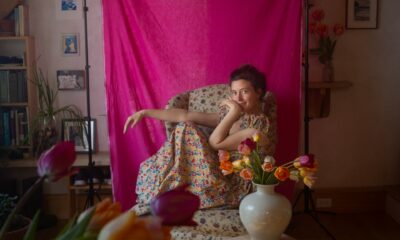
 Folk2 weeks ago
Folk2 weeks agoKatherine Perkins Strikes the Right Tone with Her “Hold On” Music Video Premiere

